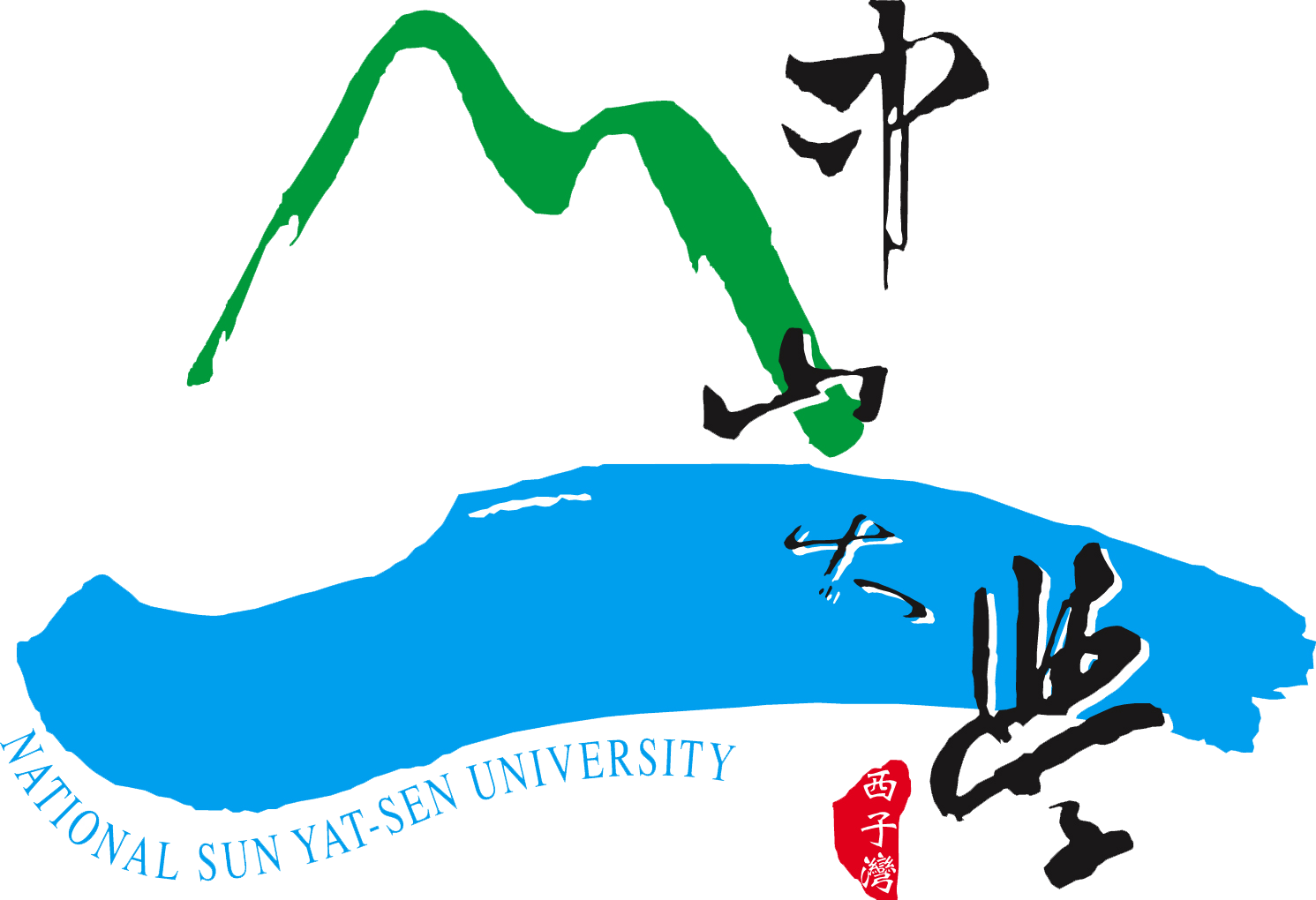Natural Products Research Lab.
Research Field
Prof. Cheng received his doctoral degree from the Department of Marine Biotechnology and Resources at National Sun Yat-sen University (NSYSU) in 2007. Following his doctoral studies, he pursued postdoctoral research with Prof. William Fenical at the Center for Marine Biotechnology and Biomedicine, Scripps Institution of Oceanography, UCSD, and later with Prof. Lie-Fen Shyur at the Agricultural Biotechnology Research Center, Academia Sinica.
In 2012, Dr. Cheng began his academic career as an assistant professor at the Graduate Institute of Natural Products, Kaohsiung Medical University (KMU). He was subsequently promoted to the position of professor. In 2020, he transitioned to the Department of Marine Biotechnology and Resources at NSYSU, where he has served as Chairman since 2021.
Prof. Cheng's research interests lie in natural product chemistry and drug discovery, particularly focusing on marine natural products derived from marine invertebrates and microorganisms. His work involves the separation, identification, and biosynthetic pathways of these compounds. With the increasing importance of marine-derived drugs, Prof. Cheng aims to make significant contributions to marine natural product chemistry.
The ocean accounts for 70% of the total surface area of the earth. In terms of animals, among the 34 animal phyla discovered so far, marine life accounts for 33 phyla. These disparate proportions show that the ocean has preserved the earth. most of the world's biological diversity. Due to their relatively special growth environment, organisms in the ocean are affected by various physical and chemical factors such as seawater pressure, ocean currents, and waves, seawater temperature, light intensity, dissolved oxygen in the water, chemical elements in the water, etc. Their evolutionary patterns and lifestyles are quite different from those of terrestrial organisms. Therefore, using marine biological resources to explore new drugs is our main research direction.
At present, a variety of secondary metabolites with different activities have been found in marine organisms such as seaweeds, corals, ascidians, sponges, and even marine microorganisms. In addition to isolating the chemical components of marine organisms and analyzing their structures, Studying the biosynthetic pathways of marine natural products, synthesizing marine natural products, and analyzing the relationship between activity and structure are also the main research directions. The current research topics of marine natural products are Zoanthus sp. and Palythoa sp.), mangrove plants, and halophilic fungi.
We also use anti-dengue virus natural products as the research target. At present, we have found that many Chinese herbal medicines and land plants, such as Swietenia macrophylla and Severinia buxifolia, have good anti-dengue virus activity and can also treat tumors. A series of ecdysone compounds with inhibitory activity against dengue virus type 2 were found in Palythoa mutuki. These research results provide new opportunities for the development of natural antiviral products.
Research Field
- Marine Invertebrates – Secondary metabolites from zoanthids, tunicates, soft corals, and sponges
- Marine Microorganisms – Antibiotics from actinobacteria and natural products from mangrove-derived endophytic fungi
- Medicinal Plants – Secondary metabolites from Traditional Chinese Medicines and Southeast Asia crude drugs
Marine organisms are an essential source of bioactive natural products. With the advancement of marine technology, we can use remotely operated vehicles (ROVs) to conduct research from the photic zone (0-30 meters) into the mesophotic zone (30-150 meters) and obtain mesophotic microorganisms. Now, we are establishing a“mesophotic microorganisms’ library” and screening its extracts with high-throughput screening (HTS). Finally, research topics should be found for developing new anti-cancer or neuroprotective drugs in the future.
At present, more than 500 fungi have been isolated and screened. We are using LC-MS data and the Global Natural Products Society Molecular Network (GNPS) analysis to identify the methanolic fraction of the bioactive strains, compounds such as alkaloids, chromones, polyketides, and many unknown marine natural products will be discovered. Because there is scarce natural product research on mesophotic microorganisms, and the bioassays and mass analysis demonstrated positive results, these strains will be selected for marine natural products research.
In our continuous research, we will collect and establish a library of mesophotic microorganisms and develop medical applications of mesospheric microbes. The natural product investigation will utilize bio-guided fractionation as the primary strategy, supplemented by HPLC fingerprint profile and LCMS de-replication analysis, to speed up the identification of bioactive ingredients. Moreover, the OSMAC approach will be applied to the fungus that may produce bioactive metabolites to improve their structure diversity. Finally, collaborate with pharmacological researchers to conduct mechanism research and develop new lead drugs.
Prof. Cheng's contributions to the field have been recognized through various awards and honors. He was awarded the Ta-You Wu Memorial Award (2018) by the Ministry of Science and Technology, Taiwan. Additionally, he has received the Awards for Distinguished Faculty Members in Academic Research (2023) and the Outstanding Research Award (2022) at NSYSU.
2020-2011 Post-Doctoral Fellow in Center for Marine Biotechnology and Biomedicine, Scripps Institution of Oceanography, University of California San Diego (under the guidance of Prof. William Fenical)
2008-2010 Post-Doctoral Fellow in School of Pharmacy, College of Medicine, National Taiwan University
2007 Ph.D. Marine Biotechnology and Resources, Sun Yat-sen University
2001 B.S. Chemistry, Kaohsiung Medicinal University
